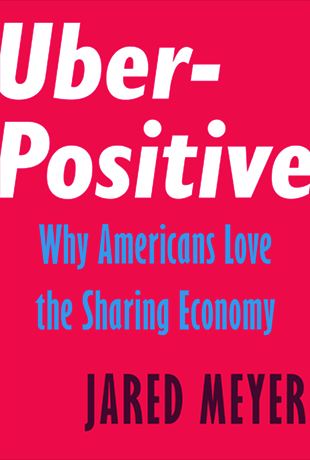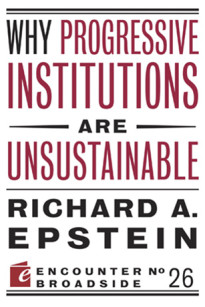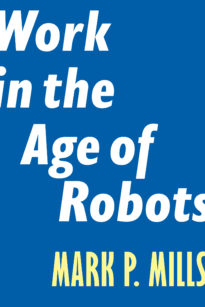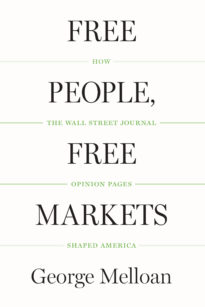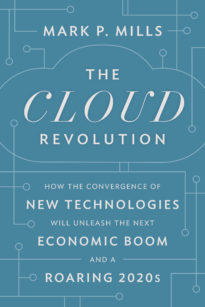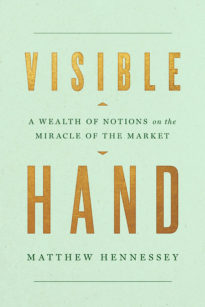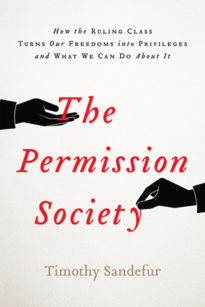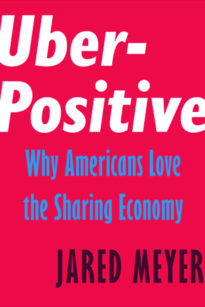Even in today’s slow economic recovery, entire industries are transforming, consumers are more powerful than ever before and people are finding new ways to earn a living.
All of these improvements stem from the rise of the so-called sharing economy.
While much has been written about the novel business models of the sharing economy and the opportunities they create, the idea behind the sharing economy is nothing new. What sets these innovative companies apart from those of the past is their ability to use the Internet and smart phones to easily connect those who want something with those who have something to offer.
The sharing economy offers easy access to an online platform that facilitates transactions between buyers and providers of goods or services. Peer-to-peer online interaction, made available only recently by technological advances, is behind everything from eBay and Airbnb, to Zipcar and EatWith, to TaskRabbit and Uber. There have always been people who want to buy a hard-to-find product, find a place to stay, eat a home-cooked meal, get assistance on a task or find a way to get around.
The problem in the past was finding someone who was willing to offer the desired goods or services at a reasonable price. Imagine what it would have been like if people went from door to door and asked home owners if they had an extra room to rent and for how much. Now, travelers simply have to log on to Airbnb, and, with a few clicks of a mouse, they can find a room that fits their needs and budgets.
Before this technology existed, the difficulty of matching buyers with sellers led to the rise of many types of industries, such as the taxi dispatcher and travel agency, that built their business models around the lack of consumer empowerment.
Now, with the sharing economy’s rapid expansion, these industries are facing increased competition. Rather than compete and adapt to the changing economy, some businesses work to stifle innovation through the political process.
Policymakers often fail to realize that a 21st-century economy cannot flourish while it is under the thumb of outdated laws and regulations. Economies grow through a dynamic process that necessitates change and disruption. Forcing new business models to comply with rules that were written decades ago is no way to promote entrepreneurship. Groundbreaking business models are in danger of being suppressed because of overzealous government regulation that protects existing businesses — all behind the facade of consumer protection. The question to ask with each new regulation is: Who is actually being protected — the public or special interests?
The promise of the sharing economy is real. It lowers prices for consumers, empowers workers by providing flexible work and extends goods and services to underserved populations. Alternatively, there are many dangers that come from overregulation, including stifled innovation, lower economic growth and reduced opportunity.
There are countless battles being waged against the sharing economy across the globe. But these regulatory fights show that, when it comes to today’s economy, it is more often than not special interests that are being protected when new businesses face undue regulations — at the expense of consumers.
